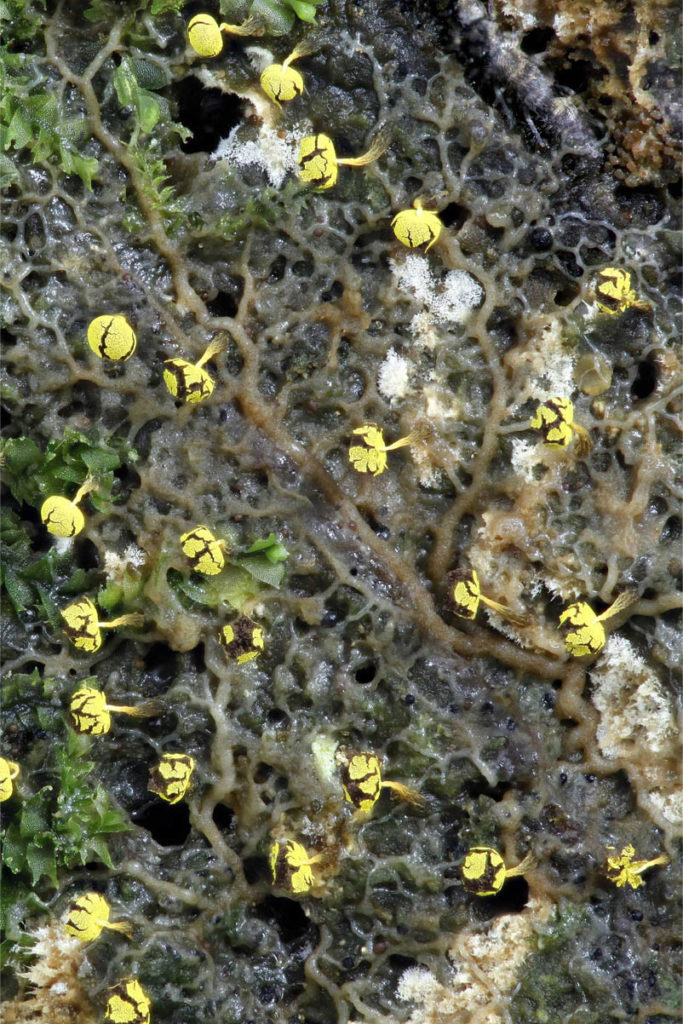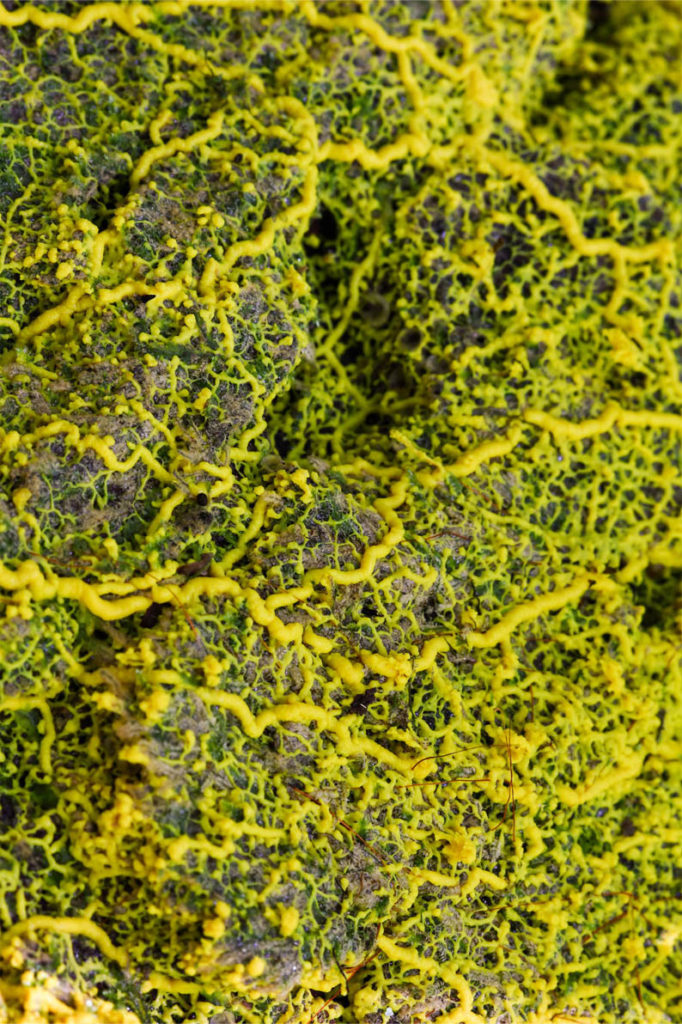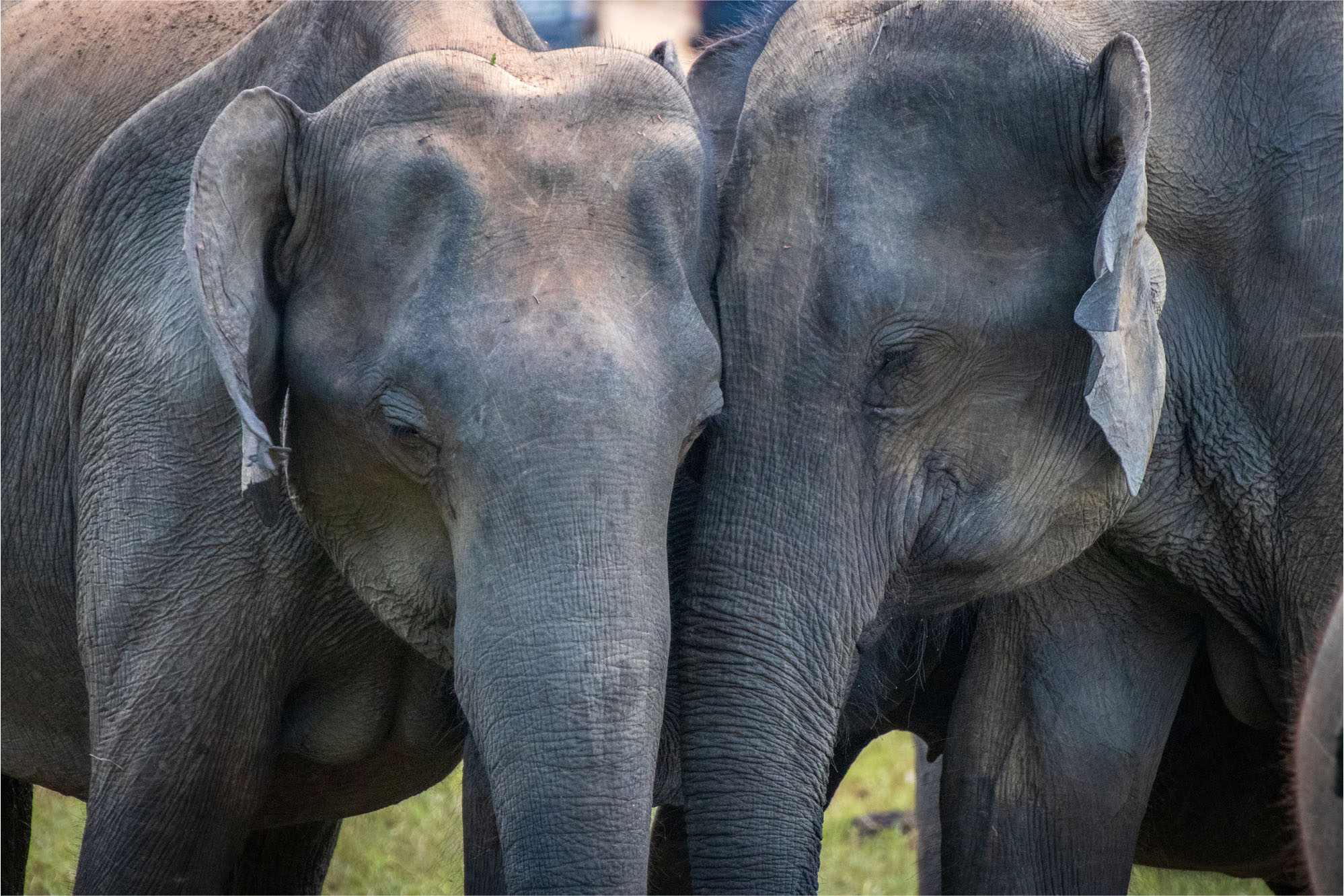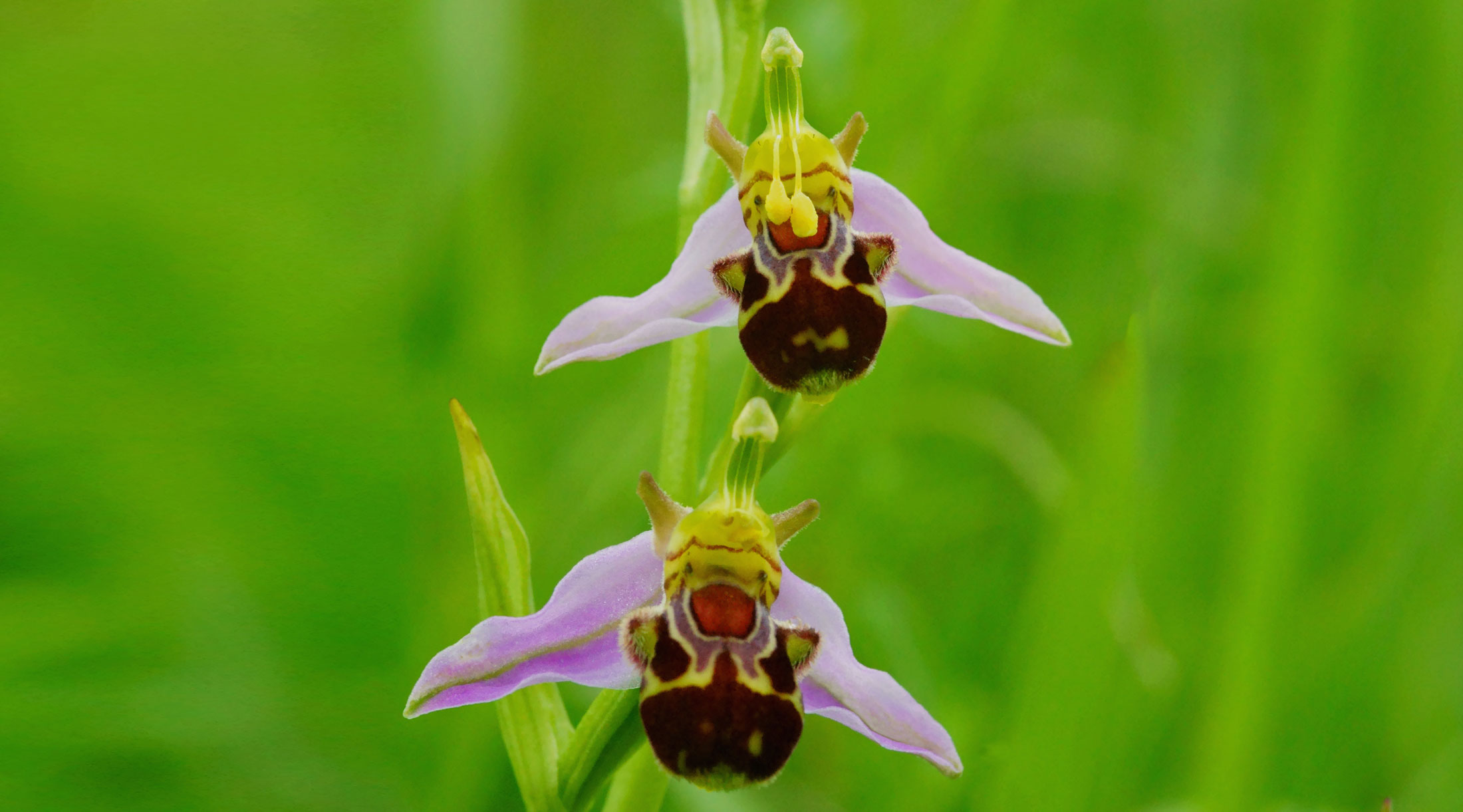
which aims to spread empathy and thankfulness
by following the example set by animals and nature.
Take a look at our content and be inspired.

Mould that has memory but no brain
If we were asked right now whether a yellowish vomit-like protozoan has the ability to learn and have a memory, our answer would be a resounding no. Yet, much to our surprise, Physarum polycephalum are capable of remembering pathways, navigating mazes and even mapping Tokyo’s railway network. How much more do we have to learn?
We have long believed that only animals with brains were capable of thinking. But science is discovering surprising new forms of intelligence. Will it one day be possible to collaborate with them?
Can an organism without a nervous system have a memory?

This mould performs many of the processes that we might consider fundamental features of the brain, such as sensory integration, decision-making and learning.
It’s not only neurons that think
Neurons are the main cells that make up the nervous system and their primary function is to receive, process and transmit information. But beyond neurons, there is a whole molecular world capable of carrying out basic functions that we have traditionally understood to be typical of something like a brain, and therefore, exclusive to organisms that have one.
There’s now talk of how plants have memories, for example.
But what about mould – is it intelligent too? Can an organism without a nervous system have a memory?
Many of the processes that we might consider fundamental features of the brain, such as sensory integration, decision-making and now even learning, have been demonstrated in these non-neural organisms.
Physarum polycephalum, the intelligent vomit
Physarum polycephalum is a yellowish mass that usually grows on decomposing plant matter in moist, shaded areas. It is a mould that is very easy to cultivate and is used as a model organism for studies on amoeboid movement and cell mobility.
It might look like an ordinary organism, but it has some surprising ‘talents’.
- It’s able to remember which paths are best not taken.
- It has the ability to find the shortest route in a maze.
- It can recognise which substances it can safely tolerate, even if it doesn’t like them at first.
Like Hansel and Gretel
Several scientific studies have shown that the yellow mould Physarum polycephalum has something like an ‘external memory’. That is, it uses chemical signals (excreting a substance similar to mucous) to mark the paths it goes down. Thus, it can remember them later. A bit like Hansel and Gretel with the breadcrumbs in the Brothers Grimm fairy tale.
In addition, a few years ago Japanese researchers demonstrated that this organism is able to find the shortest path in a maze.
In 2010, the team of Japanese scientists came up with the somewhat far-fetched idea of building a replica of Tokyo and its surroundings, placing food for Physarum in the 36 surrounding towns to encourage its advance and study how the organism connected the various hubs.
The result was an almost like-for-like reproduction of Tokyo’s railway network; the same network optimised by engineers over the years.
But it doesn’t stop there. In other similar experiments, the researchers set the mould to redesign the motorway networks in England and the Iberian Peninsula. In the latter case, the results were quite curious: Physarum reproduced seven of the eleven main Roman roads that existed on the peninsula in the year 125.
More intelligence than meets the eye
Although we have long believed that human intelligence is superior, it is never too late to change our minds.
The fact that a little yellow mould is capable of designing Tokyo’s railway network just as well as a team of engineers – but in less time – is definitely food for thought.
Nature harbours a host of intelligent life that parallels our own, much of which is yet to be discovered. The best thing to do is to keep our minds open and assume that we still have a lot to learn. Perhaps even more than we imagine. Lo mejor es mantener la mente abierta y asumir que aún nos queda mucho por aprender. Quizás hasta más de lo que imaginamos.
Moral
Wise are those who keep learning, not those who supposedly know everything.
Learning from Nature
ANIMALS MAKE US
MORE HUMAN





Leave a comment
BOONS informs you that your privacy is important and the personal data you provide by filling out this form will be treated by QUALITY PET BRANDS SL (BOONS) as responsible for this website in accordance with the privacy policy
Purpose of the collection and processing of personal data: to send the information that the user requires through the web.